Featured Student: Ellen Brisley
April 14, 2025
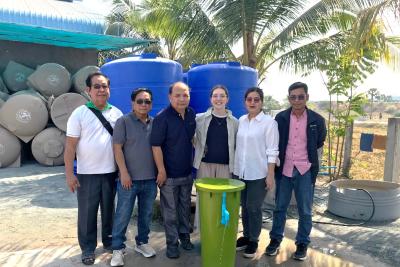
April 14, 2025

I'm studying Engineering Physics and expect to graduate in April 2028.
I think being in such a broad engineering discipline, Co-op is a way for me to explore the field. I think that it’s important to graduate with experience, which can hopefully push me in the right direction when I enter the workforce.
I was previously a Research Assistant at TITAN, TRIUMF's Ion Trap for Atomic and Nuclear science, at Canada’s Particle Accelerator (TRIUMF).
I now work with Clear Cambodia, a local Cambodian Non-Government Organization (NGO) in Phnom Penh that provides point-of-use water filters to rural Cambodians. I'm leading the development of a prototype for a new filter.
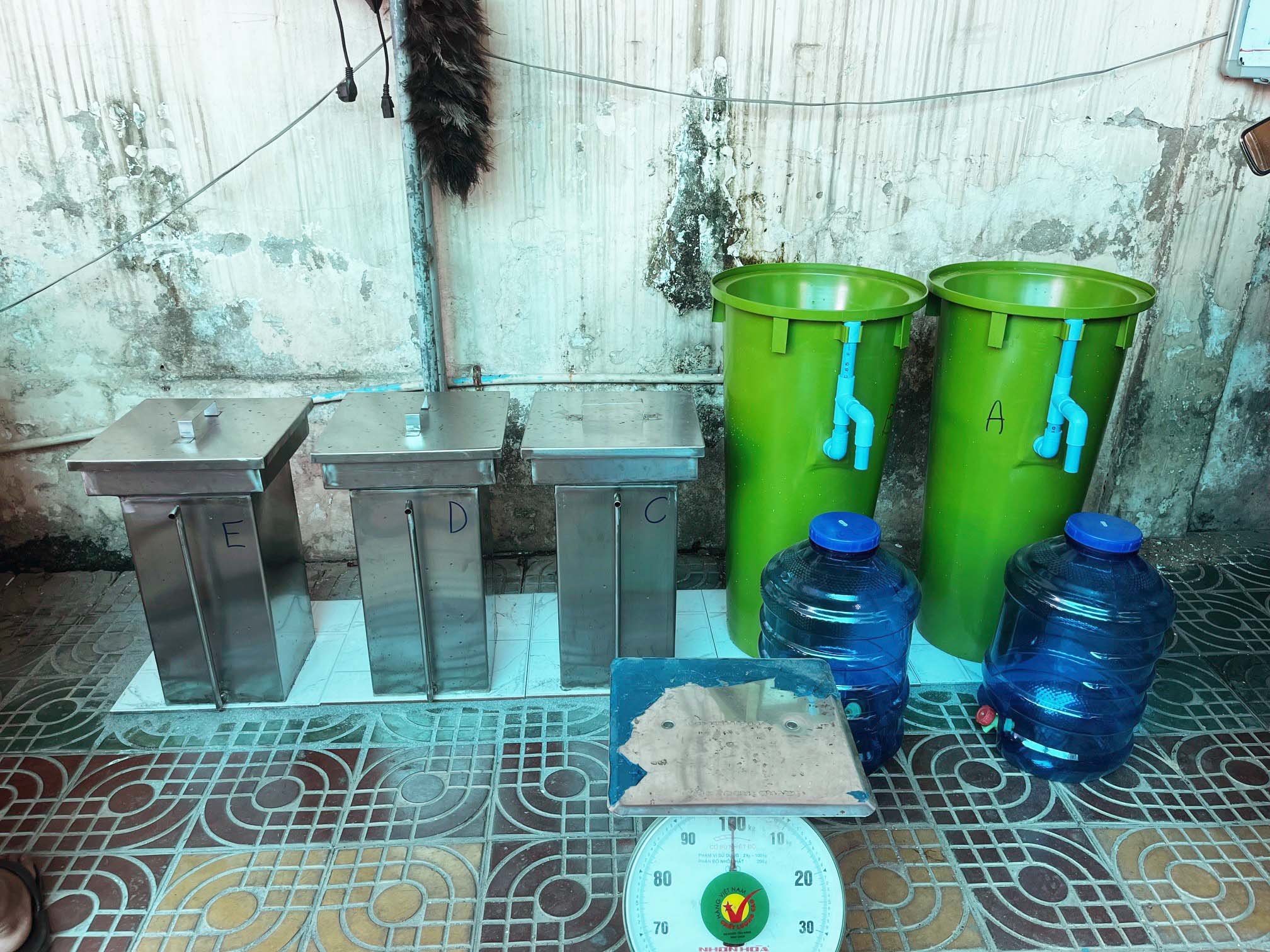
Clear Cambodia is an NGO that specializes in BioSand Filters, a simple low-tech water filter which works well in rural contexts.
I met with them through the Loran Award and we talked about how my Engineering Physics training could help with their work.
In the first few weeks of the work term, I reviewed their transition from concrete to plastic filters and provided documentation. This is where I learned the technical details of how the filters work.
With the remainder of my time there, I prototyped a small version of the BioSand Filter, as Clear tries to adapt to a changing market. I developed and implemented an experiment to test the filtration capabilities of the prototype. This is where the scientific and analytical skills from Engineering came in.
BioSand Filters are simple, low-cost water filters that use biological and physical processes to remove contaminants from water.
Developed in the 1990s by Dr. David Manz, these filters use a biological layer of microorganisms to break down pathogens and a sand and gravel bed to physically filter larger particles.
BioSand Filters have been implemented in over 70 countries, particularly in rural areas of developing nations, helping to reduce waterborne diseases like cholera and typhoid. They are affordable, easy to maintain, and require no electricity or chemicals, making them a sustainable solution for clean drinking water.
Clear Cambodia themselves have implemented more than 360,000 BioSand Filters in Cambodia.
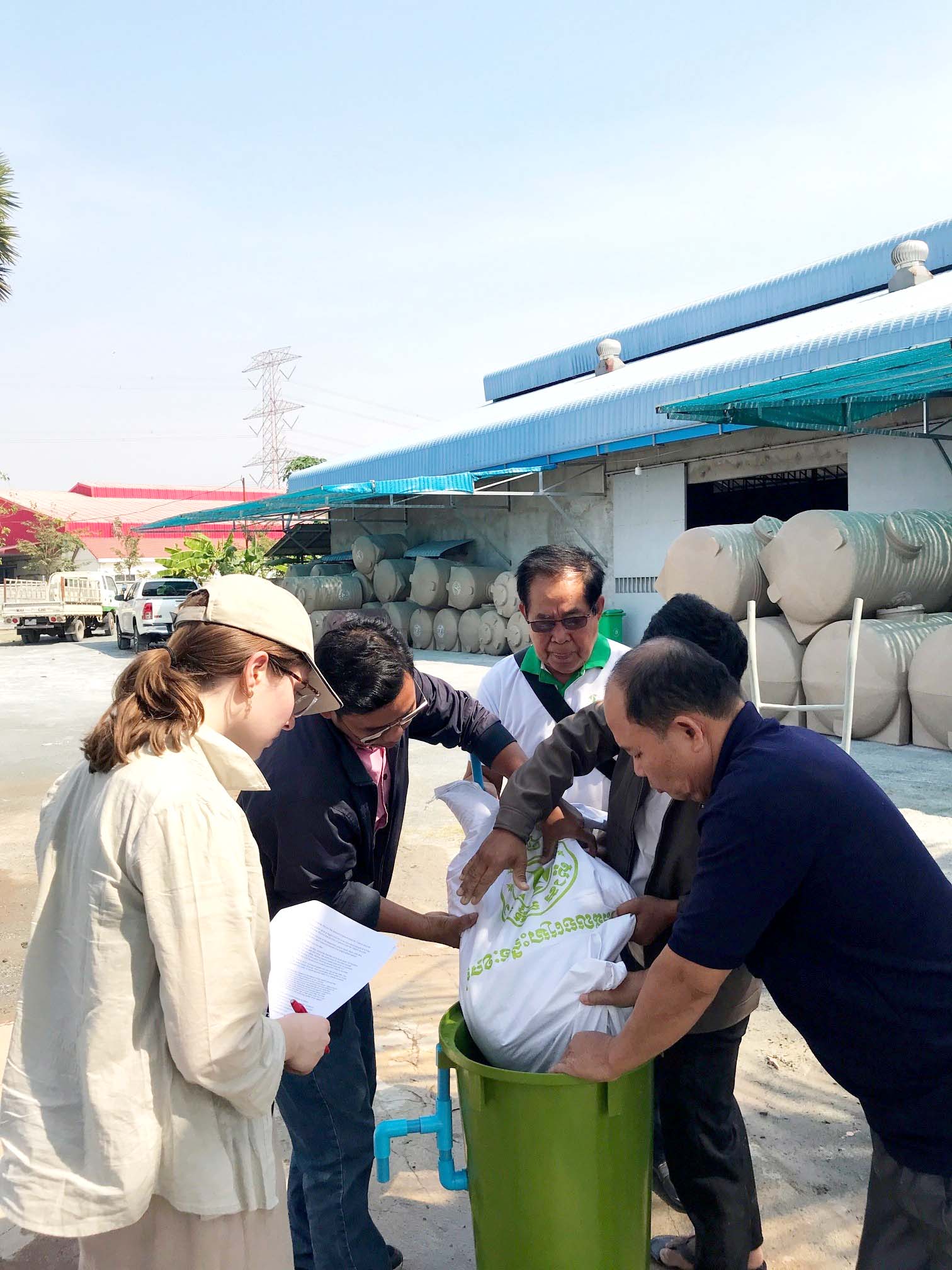
My favourite experience was being able to meet and speak directly with the people who use the filters.
Especially in the context of an NGO and humanitarian work, it's important not to work in a “technical vacuum”. It was really helpful to visit homes, understand living conditions and assess the needs of users when designing my prototype.
Cambodians are so kind and welcoming; every house we visited was pleased to welcome us into their home even if they didn’t know we were coming!
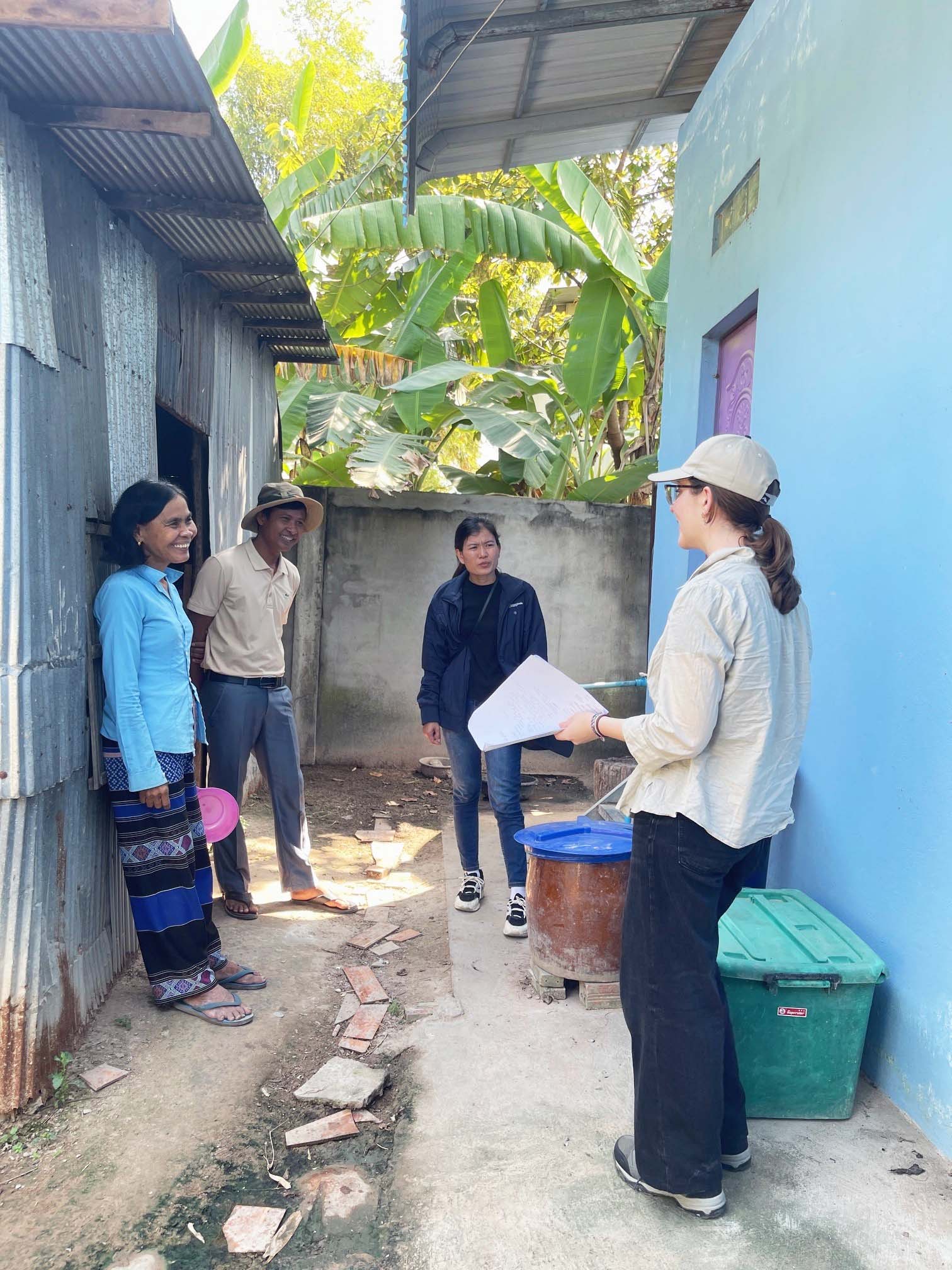
I'm very pleased that I was able to make connections that will last past my three months in Cambodia.
In particular, I'll stay in contact with Clear Cambodia through the further development of my prototype and believe that it can make a positive, sustainable impact on Clear’s work.
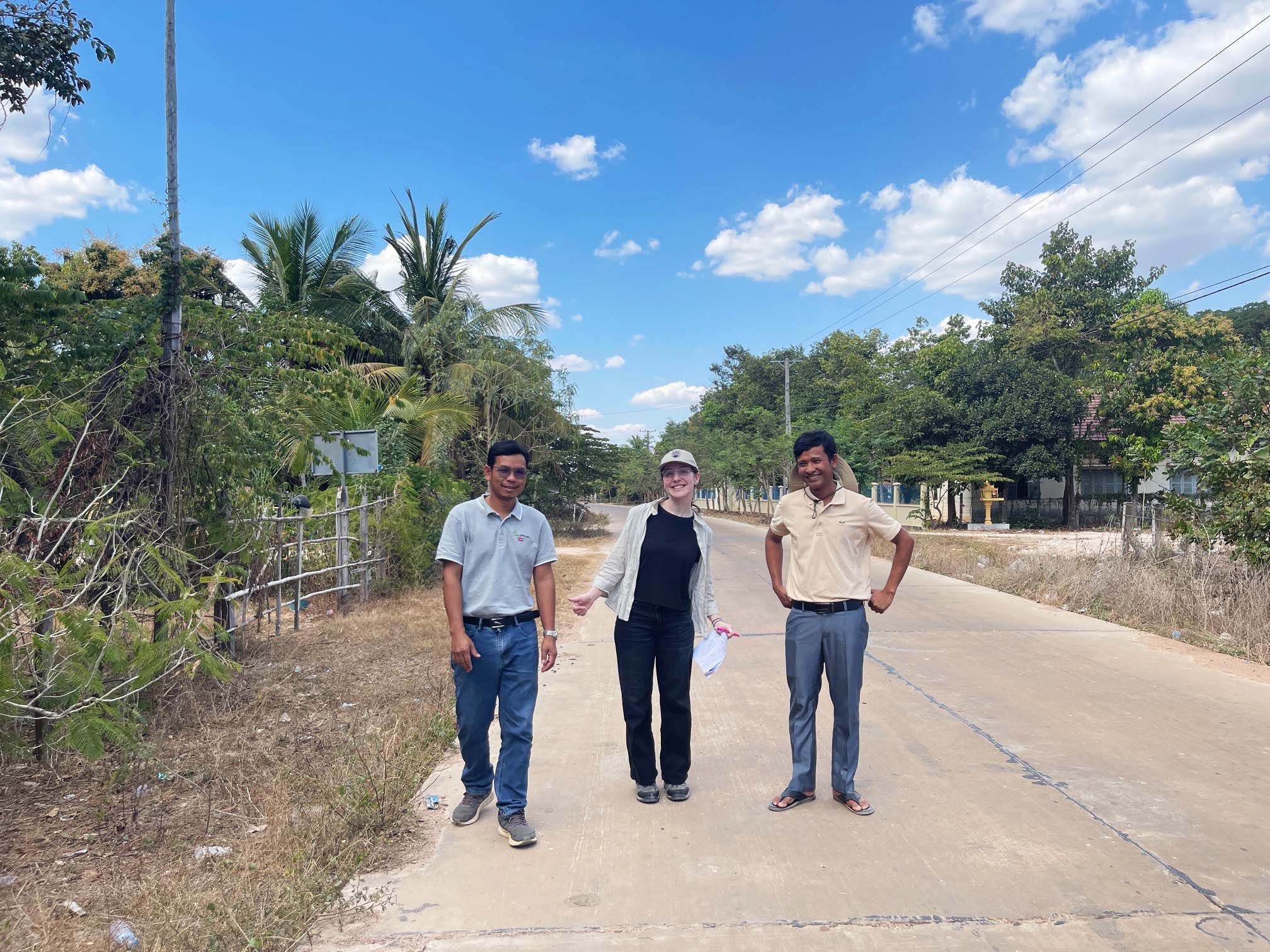
The language barrier and culture differences were something very new to me. Navigating a complex project in a completely different environment meant I needed to practice patience, understanding and listening to a whole new level — and quickly.
I think it was important to not be too hard on myself and others if misunderstanding arose. I always reminded myself that we all have a common goal and an interest in helping each other.
As mentioned above, I think most importantly I became a more patient, stronger team member in both a professional and personal way.
I also stepped outside of my comfort zone constantly — from learning a new language, to riding tuk tuks every day, to eating tarantulas.
This Co-op has strengthened my interest in finding roles that combine engineering with social impact.
The mid-term check-in was helpful to re-centre my goals and get feedback on my performance. Co-op is a good way to keep yourself accountable!
Go do the experience that scares you. There are so many supports (financial and logistical) to help you do things like this.
More experiences like this one!
Read my blog about the experience: https://sites.google.com/view/ellen-brisley-cambodia/home
Visit Clear Cambodia’s website: https://www.clearcambodia.org/
We honour xwməθkwəy̓ əm (Musqueam) on whose ancestral, unceded territory UBC Vancouver is situated. UBC Science is committed to building meaningful relationships with Indigenous peoples so we can advance Reconciliation and ensure traditional ways of knowing enrich our teaching and research.
Learn more: Musqueam First Nation